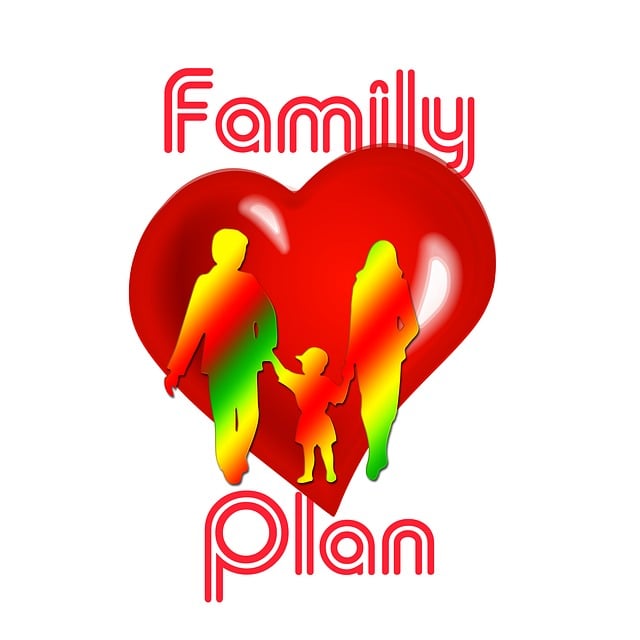When planning a networking event for local businesses, start by defining clear goals and understanding your target audience. Tailor invitations and marketing based on industry, size, and location to attract ideal attendees. Choose peak times and central locations with conversation-fostering ambiances. Incorporate interactive workshops and relevant content to create a vibrant atmosphere encouraging meaningful connections. Promote the event effectively using various channels like social media, LinkedIn, email, and word-of-mouth. Cultivate an environment that encourages natural conversation and active participation through panel discussions and team-building exercises. Follow up with personalized messages within a week to establish sustained connections.
In today’s competitive landscape, effective networking events can propel local businesses to new heights. This comprehensive guide is tailored for business owners and marketers seeking to optimize their event planning strategies. From defining event goals and targeting the right audience to crafting engaging content, promoting the event, facilitating meaningful connections, and following up post-event, we’ll navigate you through each crucial step. Maximize your network’s potential with these actionable tips specifically designed for local businesses.
- Define Your Event Goals and Target Audience
- Choose an Optimal Time and Location
- Create Engaging Content and Activities
- Promote the Event Effectively
- Facilitate Meaningful Networking Opportunities
- Follow Up Post-Event for Sustained Connections
Define Your Event Goals and Target Audience

When planning a networking event for local businesses, defining your goals and understanding your target audience are crucial steps. Start by identifying what you want to achieve; is it to foster collaboration among small businesses, increase brand visibility, or facilitate partnerships? Setting clear objectives will guide every aspect of your event, from choosing the venue to selecting promotional strategies.
Knowing your ideal attendees is equally vital. Consider factors like industry types, business sizes, and geographical locations. Tailor your invitations and marketing efforts to attract your target audience. For instance, a local tech startup networking event might focus on fostering connections between software developers, investors, and incubators, creating an environment where valuable insights and potential collaborations can flourish.
Choose an Optimal Time and Location

When planning networking events for local businesses, choosing the right time and location is paramount. The optimal timing should consider the schedules of your target audience, aligning with their peak business hours or after work to maximize attendance. For instance, a weekday evening or a Saturday morning could be ideal, allowing professionals to connect without disrupting core business operations.
As for the location, select venues that are easily accessible, centrally located, and offer an ambiance conducive to conversation and collaboration. Consider spaces with comfortable seating arrangements, ample room for movement, and, if possible, catering options to facilitate networking. These factors contribute to a successful event planning for local businesses, fostering meaningful connections in an environment that encourages interaction.
Create Engaging Content and Activities

To make your event planning for local businesses stand out, focus on creating engaging content and activities that go beyond traditional networking. Instead of merely setting up static booths or tables, incorporate interactive workshops, panel discussions, or even fun competitions related to the industry. These dynamic elements encourage participants to actively engage with one another, fostering a more lively atmosphere that promotes meaningful connections.
By integrating unique content, you can attract and retain attendees’ interest, making your event memorable. Consider local trends, relevant topics, and emerging technologies within the business landscape to tailor your program. This strategic approach ensures that both established professionals and aspiring entrepreneurs leave with valuable insights and a fresh perspective on the industry, enhancing their overall event experience and strengthening the network they help build.
Promote the Event Effectively

Promoting an event effectively is key to ensuring a successful turnout, especially for local businesses looking to expand their network. Utilize various marketing channels tailored to your target audience. Social media platforms offer powerful tools to reach and engage potential attendees, with options like targeted ads, sponsored posts, and interactive stories. For the business community, consider leveraging LinkedIn groups and industry-specific forums to spread the word.
Email campaigns are also a strategic choice, allowing you to directly communicate with your database of contacts and interested parties. Craft compelling invitations that highlight the event’s unique value proposition and benefits for local businesses. Word-of-mouth recommendations never hurt either; encourage past attendees to share their positive experiences to create a buzz around future events focused on event planning for local enterprises.
Facilitate Meaningful Networking Opportunities

Effective event planning for local businesses should focus on creating an environment that facilitates meaningful networking opportunities. This involves thoughtful venue selection, considering spaces that promote organic conversation and collaboration. For instance, opt for venues with unique layouts or common areas where attendees can naturally gather and interact.
Moreover, incorporating interactive activities or workshops during the event encourages participants to engage with one another in a more substantive way. These could include panel discussions, breakout sessions, or even team-building exercises that foster open communication and the exchange of ideas. By designing an agenda that promotes active participation, you create a conducive atmosphere for local business owners to connect, collaborate, and explore potential partnerships or ventures.
Follow Up Post-Event for Sustained Connections

After a successful networking event, establishing sustained connections is vital for local businesses looking to grow and thrive. One effective strategy is to send personalized follow-up messages within a week of the event. These can be in the form of thank-you emails or direct messages on social media platforms, depending on what was most comfortable for attendees. A simple yet impactful message acknowledging their participation and expressing interest in staying connected goes a long way.
To foster meaningful relationships, follow-up posts should include specific references to conversations had during the event. For instance, mentioning a unique service offered by the business or a shared challenge could prompt a more engaging response. This demonstrates that you value their time and were genuinely interested in learning about their venture. It also opens doors for future collaborations and referrals, creating a network of supportive local businesses.
Efficient networking events are a powerful tool for local businesses to thrive. By strategically planning each aspect, from defining goals and targeting the right audience to creating engaging content and promoting the event effectively, you can foster meaningful connections that lead to sustained growth. Facilitating quality networking opportunities and following up post-event solidifies these relationships, turning casual acquaintances into valuable partnerships. So, whether you’re organizing an industry meetup or a community gathering, remember that thoughtful event planning is key to unlocking the full potential of local business networking.



